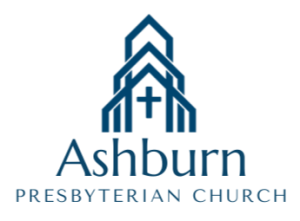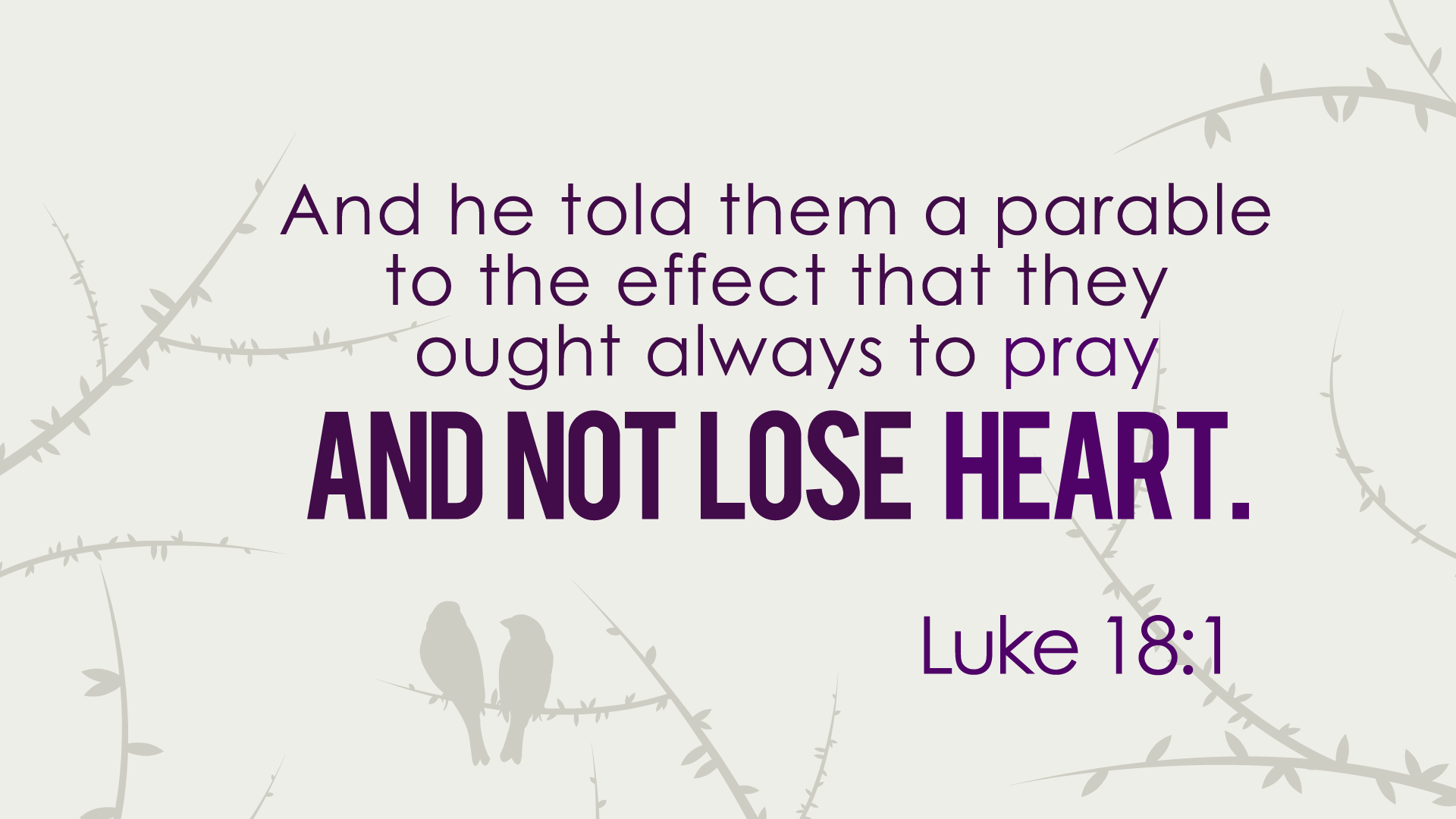
Receive the Word with Eagerness
Pastor Robert Zemke
We all need expert advice at some point in life. If you have health concerns, you want a qualified doctor to give their assessment. Knowing that all doctors are imperfect, you might get a second, third, or fourth opinion. If their judgment is the same and you don't like it, don't look for the doctor who will tell you what you want to hear because you will find him, and it will not go well. With other topics, we can go right to the source that is always telling us what we want to hear, specifically if it is financially beneficial for them to do so.
Tom Nichols writes in “How America Lost Faith in Expertise and Why That's a Giant Problem” that, “to reject the advice of experts is to assert autonomy, a way for Americans to demonstrate their independence from nefarious elites—and insulate their increasingly fragile egos from ever being told they’re wrong.” He goes on to say that people, “want to weigh in and have their opinions treated with deep respect and their preferences honored not on the strength of their arguments or on the evidence they present but based on their feelings, emotions, and whatever stray information they can gather.”
If you get an advanced degree, you must present your work before a group that will critique and challenge your research and arguments. There will be pushback on any assumptions made that are not grounded in research. In an academic field, some level of expertise is expected and respected, but what about the church?
In Acts 17, Paul and Silas bring the gospel message to the Jews in Berea; their response is noteworthy. "Now these Jews were more noble than those in Thessalonica; they received the word with all eagerness, examining the scriptures daily to see if these things were so. Many of them therefore believed, with not a few Greek women of high standing as well as men” (Acts 17:11-12). They were open minded. They were noble and eagerly received the word, not dismissive or resistant. They examined the scriptures (the Old Testament) to see if Paul's words were true. They went to the ultimate authority, not what made them feel good or fit their perspective.
As Christians, we can ultimately rely on the Bible as our source of authority. As we take the study of the word of God seriously, we can allow the truth of the scripture to speak to the community as we seek the truth together. We should be open to experts, be willing to be corrected, and then go to God’s word to see if their words are true. Let’s be people of the book this next season as a church.





